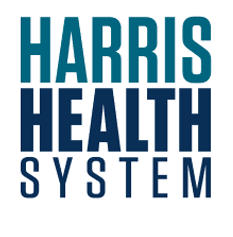A Study of Bevacizumab to Prevent Malignant Ascites
| Status: | Archived |
|---|---|
| Conditions: | Cancer, Gastrointestinal |
| Therapuetic Areas: | Gastroenterology, Oncology |
| Healthy: | No |
| Age Range: | Any |
| Updated: | 7/1/2011 |
| Start Date: | July 2009 |
| End Date: | September 2010 |
A Prospective, Phase II Trial of Intravenous Bevacizumab (Avastin) for the Prevention of Recurrent Malignant Ascites
The purpose of this study is to determine the effectiveness of using Bevacizumab in the
prevention of recurrent malignant ascites.
Ascites is a debilitating and unpleasant complication of several types of cancer. Animal and
laboratory studies have shown that tumor cell production and/or increases in the amount of
Vascular Endothelial Growth Factor (VEGF) is a major cause of the formation of malignant
ascites. Therefore, giving patients with malignant ascites a drug that targets and
neutralizes VEGF should prevent the recurrence of malignant ascites following paracentesis
(a procedure to remove fluid from the abdominal cavity).
All subjects will be treated with an intravenous infusion of the experimental drug
(Bevacizumab 15 mg/kg) every 3 weeks for a total of twelve (12) weeks on study. The primary
endpoint will be time to the need for repeat abdominal paracentesis after the start of
therapy. Secondary endpoints will include an analysis of the mean number of paracenteses
required in each subject over the course of 3 months, determination of the repeat
paracentesis response rate (proportion of subjects who have a doubling in baseline time to
repeat paracentesis) and an assessment of the effect of treatment on quality of life using a
subject questionnaire.
We found this trial at
3
sites
Ben Taub General Hospital Located in the heart of the Texas Medical Center, Ben Taub...
Click here to add this to my saved trials
Click here to add this to my saved trials
Baylor School of Medicine Baylor College of Medicine is a health sciences university that creates...
Click here to add this to my saved trials

